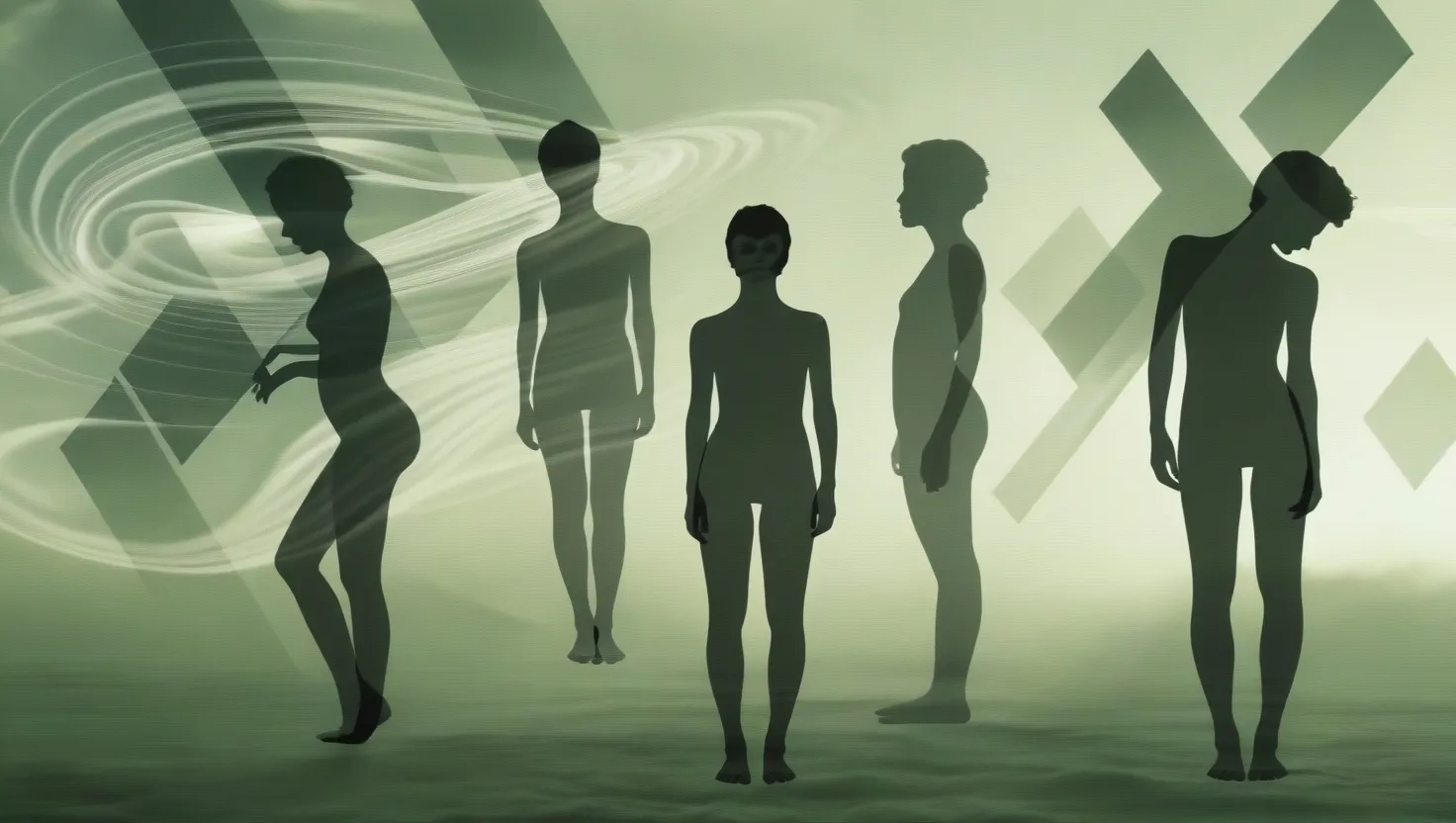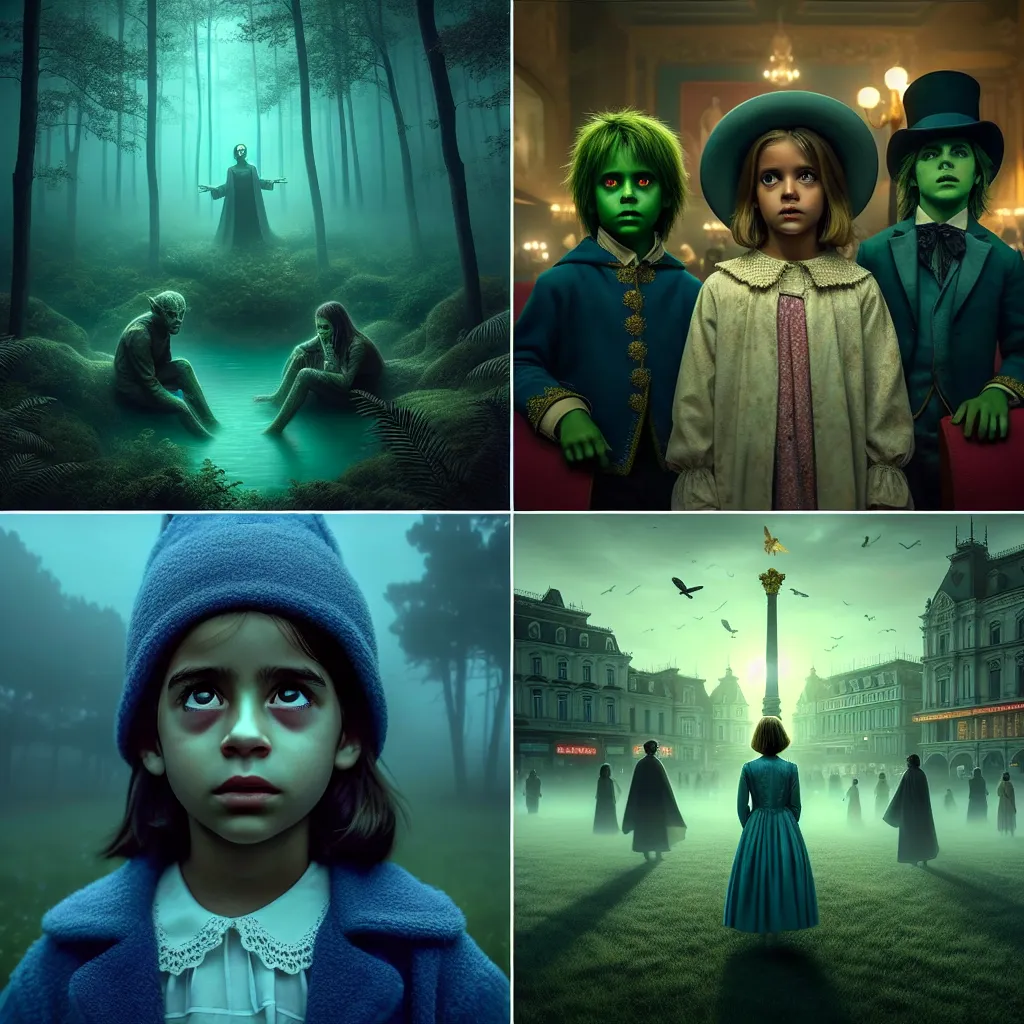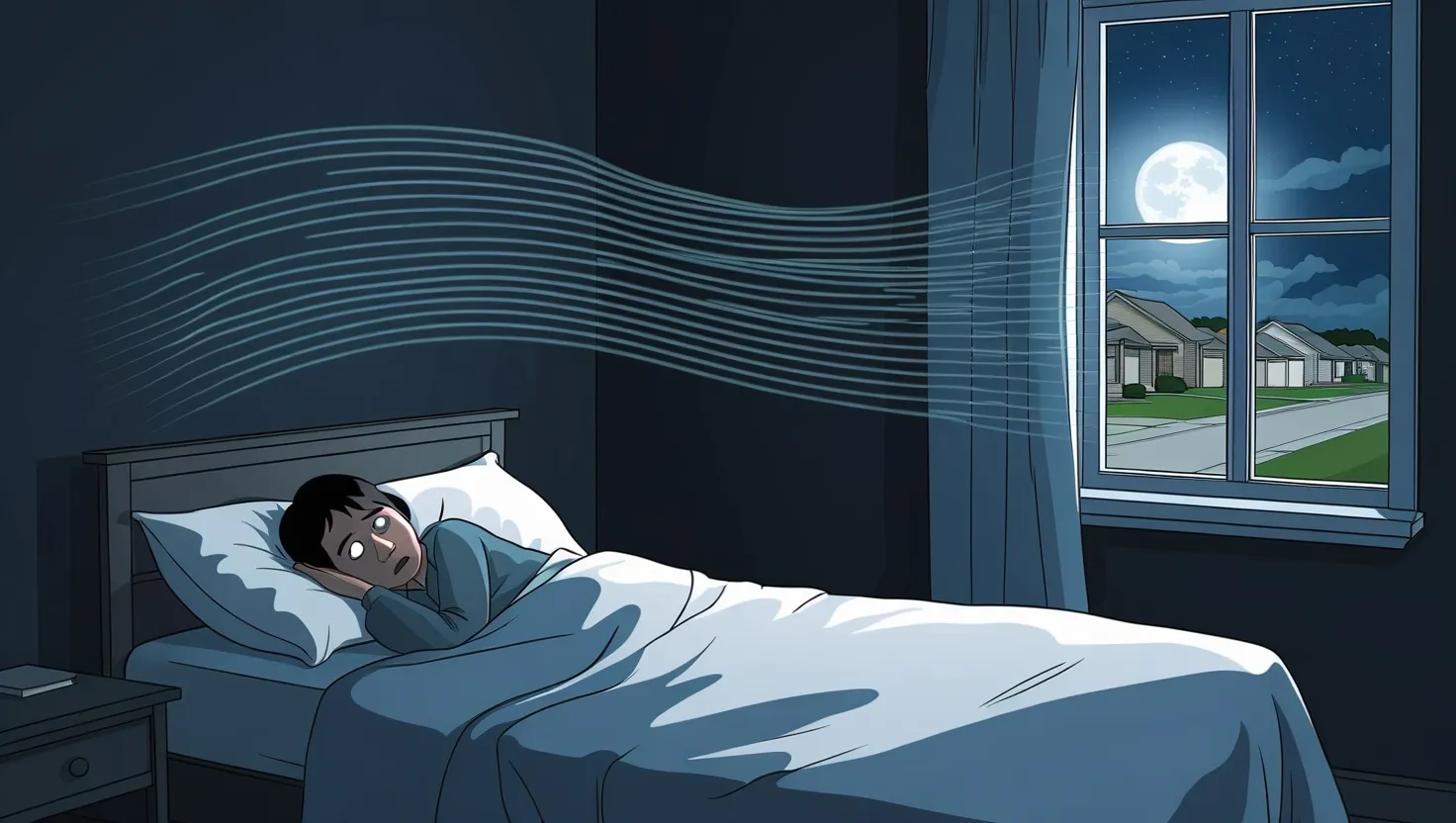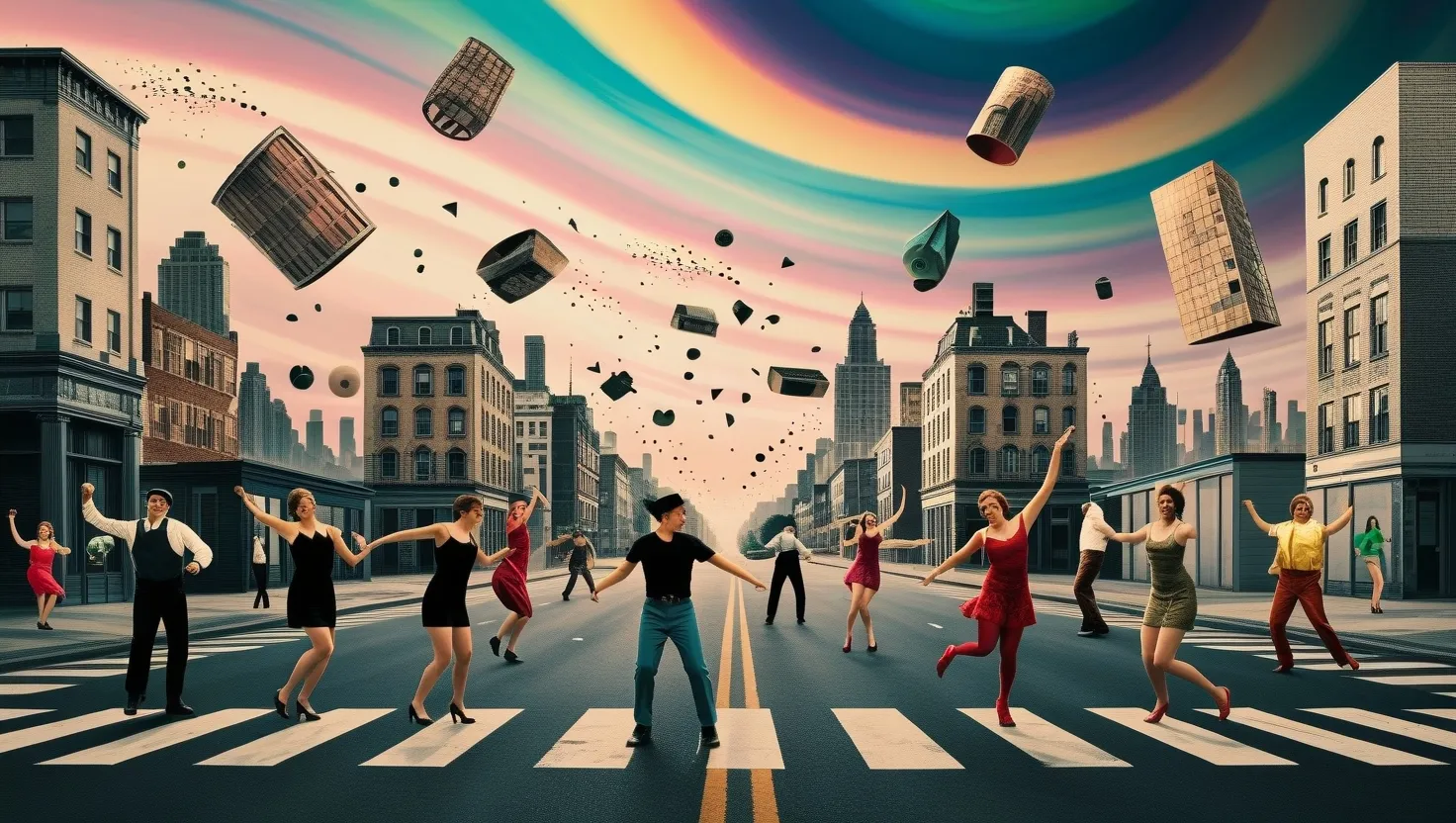Déjà vu, that eerie feeling of having already experienced a new situation, is a phenomenon that has puzzled many of us at some point in our lives. Roughly two-thirds of people have encountered this strange sensation, yet it remains shrouded in mystery despite significant advances in neuroscience.
When you walk into a room or enter a new situation and suddenly feel like you’ve been there before, it’s as if your brain is playing a trick on you. But what if this feeling is more than just a trick? What if it’s a glimpse into something much deeper and more complex?
One of the most intriguing theories is that déjà vu could be related to the way our brains process memories. According to this idea, déjà vu occurs when our brain elicits fragments of memories that we have stored, often triggered by an environment that resembles something we’ve already experienced. For instance, if you visit a new restaurant that has a layout similar to one you frequented in the past, your brain might mistakenly pull up those old memories, making you feel like you’ve been in this new place before.
This theory is supported by experiments where researchers have been able to induce forms of déjà vu in subjects. By placing people in environments that mimic their past experiences, scientists have observed that the brain can indeed create this feeling of familiarity without any actual prior experience in that specific location.
However, there’s another layer to this phenomenon that delves into the realm of quantum physics and the concept of parallel universes. Theoretical physicist Michio Kaku has suggested that déjà vu could be more than just a memory glitch; it might be a hint at the existence of a multiverse. In this multiverse, every possibility plays out in a separate universe, and we might be experiencing echoes or vibrations from these other realities.
To understand this better, imagine your living room filled with radio frequencies from all over the world. Your radio is tuned to one specific frequency, say BBC radio, but all other frequencies are still present, just not audible to you. Similarly, in quantum physics, our atoms and the universe itself are made up of vibrating waves. These waves can split apart over time, creating different universes that are no longer in sync with each other. The idea here is that déjà vu could be a moment when our brain briefly tunes into one of these other frequencies, giving us the feeling that we’ve already lived through the current moment.
This concept is further explored through the idea of “Human Brain Quantum Psychology,” which suggests that our lives are not limited to a single universe but exist across multiple parallel universes. According to this theory, when the frequencies of two universes match, we experience déjà vu. It’s as if our brain is momentarily connected to a different version of ourselves living in another universe, allowing us to feel a sense of familiarity that doesn’t belong to our current reality.
But what about the more conventional explanations? Some scientists believe that déjà vu could be related to the functioning of specific areas in the brain, such as the rhinal cortex. This part of the brain acts as the “gatekeeper” of our declarative memory system, detecting familiarity in our surroundings. When the rhinal cortex is activated without the hippocampus, which is responsible for forming new memories, it can create the illusion that we’ve experienced something before, even if we haven’t.
Another theory suggests that déjà vu could be a result of our brain taking shortcuts. When we’re in a new situation, our brain might quickly access long-term memory to help us navigate, leading to a fleeting malfunction between our short and long-term memory circuits. This can make us feel like we’ve already been in the situation, even though we haven’t.
Drugs and certain medical conditions can also trigger déjà vu. For example, a study found that a man experienced severe déjà vu after taking a combination of medications for the flu. Once he stopped taking the medications, the déjà vu stopped as well. People with epilepsy have also been known to experience déjà vu right before they have seizures, making them valuable subjects for studying this phenomenon.
Despite these various explanations, the exact cause of déjà vu remains unclear. It’s a phenomenon that can be induced in experiments but is difficult to predict and study in real-life situations. This unpredictability makes it even more fascinating, as it leaves room for both scientific and speculative interpretations.
So, are we experiencing memories from our parallel selves, or is this just our mind playing tricks on us? The answer lies somewhere in the intersection of neuroscience, quantum physics, and the mysteries of the human brain. Whether déjà vu is a glitch in our brain’s memory processing or a glimpse into the multiverse, it remains a captivating enigma that continues to intrigue scientists and the general public alike.
As we delve deeper into the mysteries of déjà vu, we are forced to question the very fabric of our reality. Are we living in a single, linear universe, or are we part of a vast multiverse where every possibility exists? The feeling of déjà vu, though fleeting, opens up a window to these profound questions, inviting us to explore the boundaries between science and the supernatural.
In the end, déjà vu is more than just a curious feeling; it’s a reminder of the complexities and mysteries that surround us. It challenges our understanding of memory, reality, and the human experience, encouraging us to explore the unknown and the unexplained. Whether it’s a brain glitch or a quantum echo, déjà vu is an intriguing phenomenon that continues to fascinate and inspire us to dig deeper into the mysteries of our existence.






